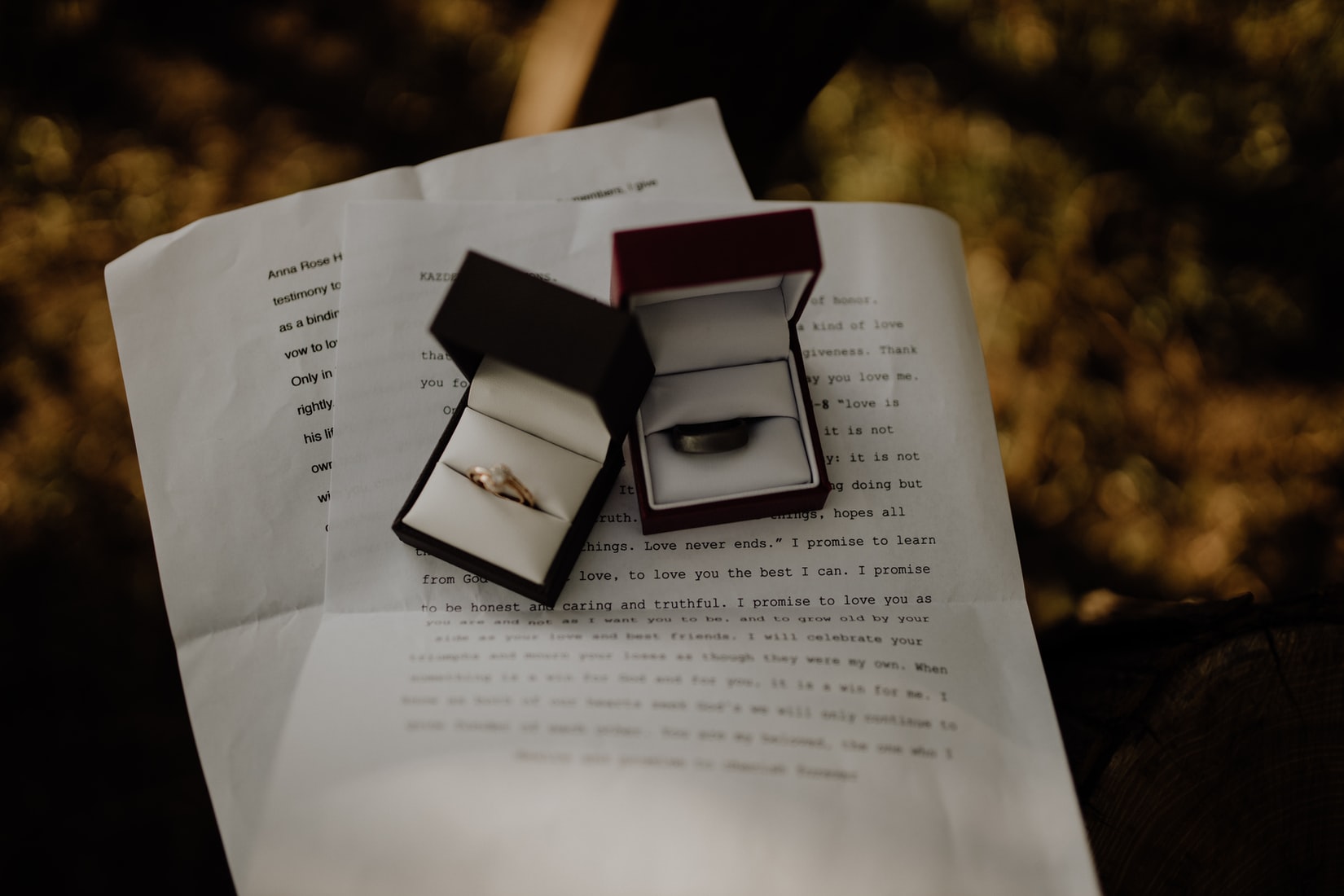
Prenuptial agreements – known as prenups for short – have traditionally been shied away from by couples in the UK. Now, that is changing, with more and more people opting to put a prenup in place before the big day.
Are prenups really, as their reputation would have us believe, the antithesis of romance? And are prenuptial agreements actually legally binding anyway? We take a closer look…
What is a prenuptial agreement?
A prenuptial agreement (or prenup) is a contract entered into between a couple before their wedding day. It specifies how assets would be divided in the event of a divorce.
Why enter into a prenup?
Many couples avoid the topic of prenups altogether before their wedding, believing that there is no place for discussions about what would happen should the marriage – which they are just about to enter into – fail.
Nothing could be further from the truth. Agreeing what would happen to your assets should the relationship break down, when you are both on good terms and in love, shows how much you love and respect each other. You are saying that should the worst happen and your relationship does not work out, you do not want to spend time and money on negotiations and court battles over what should happen to your assets upon divorce.
Of course, discussing the break-up of a marriage you are just about to enter into is not the most romantic conversation, but if you do decide to go your separate ways in the future, it can save a lot of heartache to already have an agreement in place.
Is a prenuptial agreement legally binding?
Contrary to popular belief, prenuptial agreements can be enforceable in UK courts, as long as they are entered into correctly.
For example, full and frank disclosure of finances by both parties is essential before entering into a prenuptial agreement, otherwise the agreement could be given less weight by a judge in the future.
Also, it is vital that both parties seek legal advice from different solicitors before entering into a prenuptial agreement. Otherwise, a judge may be less likely to enforce the agreement in the future.
If you would like to discuss the possibility of entering into a prenuptial agreement and find out if a prenup may be right for you, get in touch to book your free consultation with one of our expert family lawyers.
Neil Graham, a partner at Grayfords, comments as follows:
“Nobody should enter a marriage lightly nor expecting it to end in divorce. Although the statutory law makes no mention of pre-nuptial agreements a number of judgments over the past ten years demonstrate that the Courts will be reluctant to interfere with the terms of a pre-nuptial agreement (or a post-nuptial agreement) provided the parties enter into the agreement freely and willingly, with an appreciation of the other party’s capital and income resources, with a full understanding of the effect the agreement will have upon their financial claims and provided the agreement does not give rise to any significant unfairness. As a result, therefore, many couples choose to enter into an agreement, rather like taking an umbrella outside on a sunny day, hoping that they will never need to rely upon it but, in the unlikely event that they do, providing for the division of their assets without the need for any acrimony, upset and significant legal fees”.

